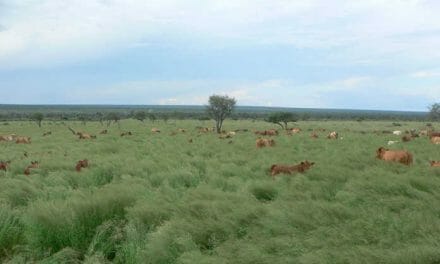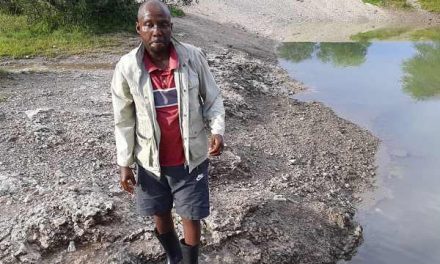
Maiden community seed bank in Kavango West for biodiversity protection launched

The inauguration of the inaugural Community Seed Bank this week in Kavango West marked a significant stride in safeguarding local seed varieties, prioritizing biodiversity conservation, and reinforcing food security, the Environment Investment Fund (EIF) said in an announcement.
Lot Ndamanomhata, the spokesperson for EIF, underscored the pivotal role of the newly launched seed bank in preserving natural resources and curbing the excessive depletion of diverse seed varieties.
Ndamanomhata emphasized that this proactive measure not only prevents resource exhaustion but also secures seeds for the prosperity of forthcoming generations.
Community Seed Banks stand as vital repositories, adept in gathering, storing, and safeguarding indigenous seeds. During periods of crop devastation or damage, these banks serve as emergency seed reservoirs, enabling farmers to access seeds for subsequent planting seasons.
Beyond its immediate function of preserving seeds, the project holds a broader scope, emphasizing the protection of natural resources, fostering environmental sustainability, and ensuring access to diverse and resilient agricultural resources for Namibia’s future generations.
Ndamanomhata highlighted that this initiative signifies more than just financial support, portraying a collective dedication to environmental sustainability and the conservation of Namibia’s natural heritage.
The ambitions extend further, with plans to expand similar infrastructures across other regions in the coming five years, he noted.
While the country introduced its maiden community seed bank in 2023, neighboring nations like Zambia, South Africa, and Zimbabwe have already embraced this practice extensively, with Zimbabwe currently boasting an impressive tally of 26 community seed banks.













































